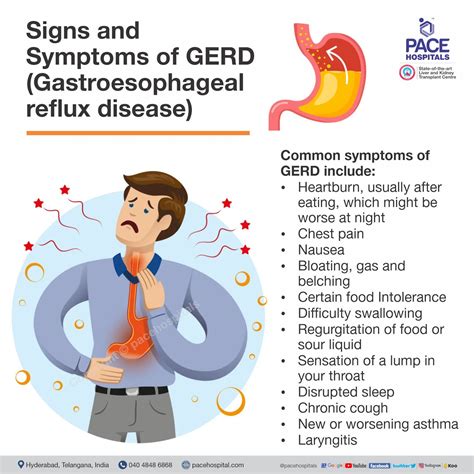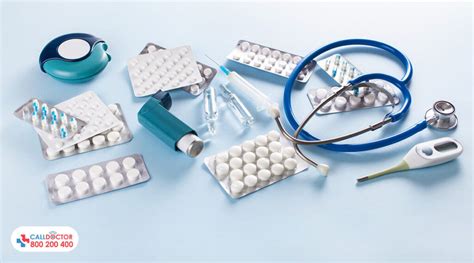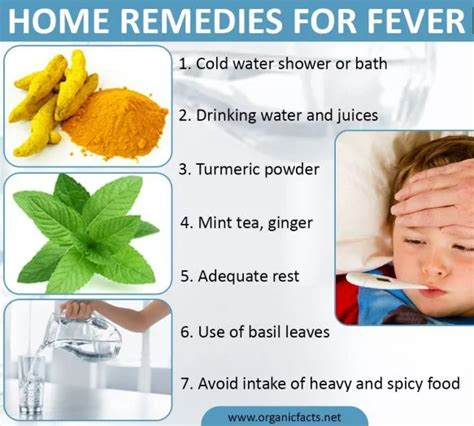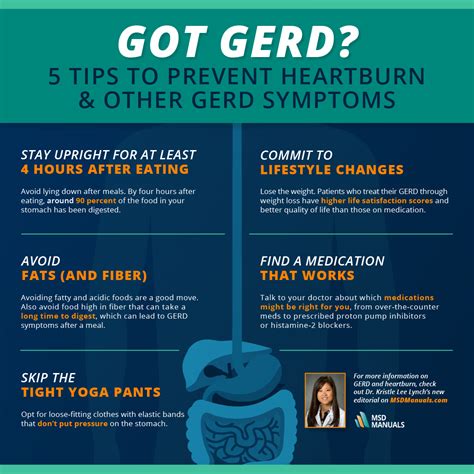Intro
Discover 7 ways to avoid GERD, alleviating acid reflux symptoms with dietary changes, lifestyle modifications, and natural remedies, promoting digestive health and reducing heartburn.
Gastroesophageal reflux disease, commonly referred to as GERD, is a chronic condition where the stomach acid flows back into the tube connecting the mouth and stomach, known as the esophagus. This backwash, or acid reflux, can irritate the lining of the esophagus, causing discomfort. Although GERD can be a persistent issue, there are several strategies that can help manage and reduce its symptoms. Understanding these methods is crucial for individuals seeking to alleviate the discomfort associated with GERD.
The prevalence of GERD has made it a significant health concern, affecting millions of people worldwide. The symptoms can range from mild to severe and include heartburn, a sour taste in the mouth, difficulty swallowing, and chest pain. Given the potential for long-term complications, such as esophageal stricture or Barrett's esophagus, adopting preventive measures is essential. By making lifestyle changes and understanding the triggers of acid reflux, individuals can significantly reduce the occurrence of GERD symptoms.
GERD is not just about the symptoms; it's also about understanding the underlying causes and how certain foods, eating habits, and lifestyle choices can exacerbate the condition. For instance, foods high in fat, citrus fruits, chocolate, and spicy foods are known to trigger acid reflux in many individuals. Similarly, smoking, obesity, and wearing tight clothing around the waist can also contribute to the frequency and severity of GERD symptoms. By recognizing these factors, individuals can take proactive steps towards managing their condition more effectively.
Understanding GERD and Its Symptoms

Understanding the symptoms and causes of GERD is the first step towards managing the condition. Symptoms can vary among individuals but commonly include heartburn, regurgitation of food, difficulty swallowing, and coughing or wheezing. Recognizing these symptoms allows individuals to seek appropriate medical attention and make necessary lifestyle adjustments. It's also important to understand that GERD is not just about heartburn; it's a condition that requires a comprehensive approach to manage effectively.
Causes and Triggers of GERD
The causes of GERD can be multifaceted, including issues with the lower esophageal sphincter, esophageal contractions, and emptying of the stomach. Additionally, certain foods and lifestyle choices can trigger or worsen symptoms. Foods like tomatoes, citrus fruits, and chocolate are known to relax the lower esophageal sphincter, allowing stomach acid to flow back into the esophagus. Similarly, eating large meals, lying down after eating, and smoking can exacerbate symptoms. Understanding these triggers is crucial for developing an effective management plan.Lifestyle Changes to Manage GERD

Making lifestyle changes is a critical step in managing GERD. This includes dietary modifications, changes in eating habits, and adjustments in daily activities. For instance, eating smaller, more frequent meals can help reduce symptoms by not overloading the stomach. Avoiding trigger foods, raising the head of the bed by 6 inches, and losing weight if needed can also help alleviate symptoms. Quitting smoking and reducing or avoiding alcohol consumption are also beneficial.
Dietary Modifications for GERD
Dietary changes play a significant role in managing GERD. Identifying and avoiding trigger foods is essential. Foods that are high in fat, spicy, or acidic can trigger acid reflux. Instead, opting for a diet rich in fruits, vegetables, whole grains, and lean proteins can help manage symptoms. It's also beneficial to keep a food diary to track which foods cause symptoms and make informed decisions about dietary choices.Medical Treatments for GERD

For some individuals, lifestyle changes alone may not be sufficient to manage GERD symptoms, and medical treatment may be necessary. Over-the-counter antacids and acid reducers can provide quick relief for mild symptoms. For more severe symptoms, prescription medications such as proton pump inhibitors (PPIs) or H2 blockers may be prescribed. In severe cases where medical treatment is not effective, surgery may be an option.
Alternative Therapies for GERD
Besides conventional medical treatments, some individuals may find relief in alternative therapies. Herbal remedies, such as ginger or licorice, and relaxation techniques, like yoga or meditation, can help reduce stress and alleviate symptoms. However, it's crucial to consult with a healthcare provider before starting any alternative therapy to ensure safety and effectiveness.Home Remedies for GERD

Several home remedies can provide relief from GERD symptoms. Drinking plenty of water, avoiding tight clothing, and elevating the head of the bed can help prevent acid reflux. Some people also find relief in drinking almond milk or aloe vera juice, which can help neutralize stomach acid. However, the effectiveness of these remedies can vary among individuals, and what works for one person may not work for another.
Preventing GERD Complications
Preventing complications associated with GERD is as important as managing its symptoms. Long-term exposure to stomach acid can lead to serious conditions such as esophagitis, stricture, or Barrett's esophagus. Regular follow-ups with a healthcare provider, adherence to treatment plans, and maintaining a healthy lifestyle can significantly reduce the risk of these complications.GERD and Mental Health

The relationship between GERD and mental health is complex. The chronic nature of GERD can lead to anxiety, depression, and stress, which in turn can exacerbate symptoms. Managing stress through relaxation techniques, seeking support from family and friends, and maintaining a positive outlook can help mitigate the psychological impact of GERD.
Coping with GERD
Coping with GERD requires a holistic approach that addresses both physical symptoms and emotional well-being. Joining a support group, keeping a symptom journal, and staying informed about the condition can empower individuals to take control of their health. By adopting healthy coping mechanisms and maintaining open communication with healthcare providers, individuals can improve their quality of life despite living with GERD.Future Directions in GERD Management

The management of GERD is evolving, with ongoing research into new treatments and therapies. Advances in medical technology, such as improved diagnostic tools and minimally invasive surgical techniques, are offering new hope for individuals with GERD. Additionally, the development of personalized treatment plans, tailored to an individual's specific needs and triggers, is becoming more prevalent.
Emerging Therapies for GERD
Emerging therapies, including novel pharmacological agents and endoscopic treatments, are under investigation for their potential to provide more effective and durable relief from GERD symptoms. These advancements hold promise for improving the management of GERD and reducing the risk of long-term complications.As we conclude our exploration of ways to avoid GERD, it's clear that managing this condition requires a multi-faceted approach. By understanding the causes and triggers of GERD, making informed lifestyle choices, and seeking appropriate medical care when needed, individuals can significantly reduce their symptoms and improve their quality of life. We invite you to share your experiences, ask questions, or seek advice on managing GERD in the comments below. Your engagement can help others who are navigating similar challenges, and together, we can build a community of support and understanding.
What are the most common symptoms of GERD?
+The most common symptoms of GERD include heartburn, regurgitation of food, difficulty swallowing, and coughing or wheezing.
How can I prevent GERD symptoms at night?
+To prevent GERD symptoms at night, elevate the head of your bed by 6 inches, avoid eating at least 2-3 hours before bedtime, and avoid trigger foods.
Are there any natural remedies for GERD?
+Yes, several natural remedies can help alleviate GERD symptoms, including ginger, aloe vera juice, and licorice. However, it's essential to consult with a healthcare provider before trying any new remedies.
